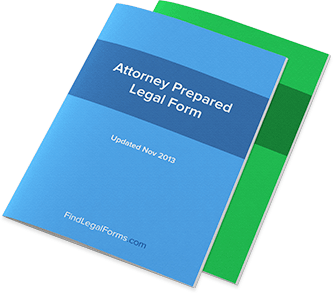How to Craft an Unforgettable Letter of Recommendation
Letters of recommendation are powerful things – and in an economy with unemployment as high as it is in 2012, they’re worth a lot more than the paper they’re printed on.
Generally, if you write a letter of recommendation, you’ll want it to strike a particular note or tone that helps someone’s chances at getting hired, or winning some other sort of opportunity. While it might be tempting to go through the motions and quickly type out three paragraphs of the “usual,” let’s assume that you want to leave a lasting impression. How do you do that?
You keep on reading, of course, and see how even a letter of recommendation can be one of the most influential documents you ever sign, even at a site like FindLegalForms.com.
Specifics: The Key to Memorability
Writing about someone’s work ethic, skills, and general positive behavior is fine but that doesn’t quite tell a powerful story. For example, if you’re recommending a student for a scholarship, how many letters in that same tone do you think the scholarship committees read? What you think is original might sound cliché if you don’t pay special attention to the quality of your letter of recommendation.
So how do you change that, even if you’re not an especially talented writer? Simple: specificity. Tell a story or anecdote about the student that made them stand out to you. Explain something about your former employee that shows just how valuable they can be to future companies. Don’t speak in clichés, speak in specifics – that’s a language that gets remembered and shows that you were willing to put real thought into this letter.
Social Proof: The Hidden Concept behind Effective Persuasion
Ask yourself a quick question. Why do people need to read letters of recommendation? Why do employers seek out references? Why does it seem that it’s not “what you know, but who you know”?
Okay, that’s three questions, but bear with us: there’s a powerful principle behind the answer to these questions. That principle is social proof: the idea that what someone else uses or recommends is a powerful persuader.
In the case of letters of recommendation, your status directly affects the power of your recommendation. A letter of recommendation from Bill Gates, for example, is going to perform better than a letter from Joe Schmoe down the street.
But there’s more to it than that. In the previous section, we talked about using both specificity and passion in the letter. Think about this for a second: what does the extra effort you take into writing a good letter of recommendation say about the person you’re recommending?
It’s saying that you feel strongly about the candidate – and that’s a powerful message in social proof.
Think about it this way: as kids, you might not have cared about specific toys until you saw that your little brother wanted to use a toy badly. Suddenly, you desired that toy too.
So it is with letters of recommendation: show why you care so much about the candidate’s quality and other people will start to care, too.
If you need further assistance, check out the templates here at FindLegalForms.com.


